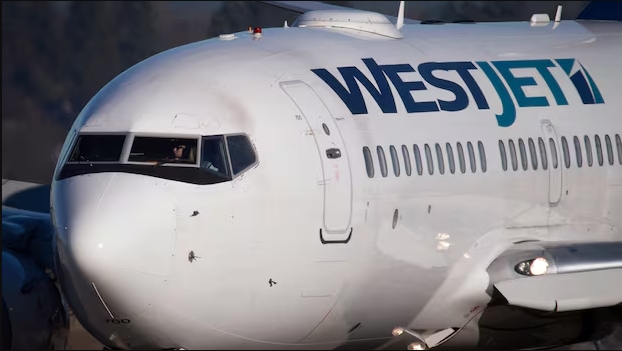WestJet Faces Criticism for Attempting to Silence Passengers Seeking Compensation After Flight Cancellation
Liam O'Connell
11/25/20242 min read


A Victoria couple says they were intimidated by WestJet after the airline attempted to silence their efforts to seek compensation for a canceled flight. Anna and Russell Gurney were forced to rebook at a much higher cost after WestJet canceled their December 2022 flight to San Diego due to a crew shortage.
Despite filing for reimbursement, WestJet refused to compensate the couple. The Gurneys decided to take the matter to small claims court and sought advice in an Air Passenger Rights Facebook group. Shortly after posting details of their case, they received a letter from WestJet’s legal counsel accusing them of sharing “privileged and confidential” correspondence and withdrawing from settlement negotiations.
“This is a prestigious law firm representing a huge airline,” Anna Gurney told CBC’s Go Public. “It felt threatening.”
Advocates for air passenger rights argue that such actions reflect a broader trend among airlines to suppress public discussions of disputes, leaving passengers feeling intimidated and powerless.
Pressure to Keep Disputes Secret
Gábor Lukács, founder of the Air Passenger Rights Facebook group, called WestJet’s response “a form of legal voodoo,” emphasizing that passengers have no obligation to keep settlement offers confidential.
“Passengers should not agree to be muzzled,” Lukács said, noting that airlines often leverage intimidation tactics to avoid paying rightful compensation.
The incident highlights the secrecy surrounding air travel disputes, exacerbated by recent changes to Canadian Transportation Agency (CTA) policies. Since 2022, detailed rulings from the CTA have been confidential unless both parties agree to make them public. Critics argue this undermines transparency and creates an unfair advantage for airlines, which have access to past decisions while passengers do not.
Monitoring Social Media
Tim Rodger, another air passenger, experienced similar surveillance when he posted about a successful complaint against WestJet on the same Facebook group. Shortly after, the CTA contacted him, claiming his post violated confidentiality rules.
“I don’t think anyone likes the idea of government agencies monitoring Facebook groups and telling people what they should and shouldn’t publish,” said Paul Daly, research chair in administrative law at the University of Ottawa.
The CTA admitted to monitoring social media for mentions as part of its operations, but passengers and legal experts have raised concerns about the ethics and legality of such practices.
Settlement and Non-Disclosure Agreement
Ultimately, the Gurneys reached a settlement with WestJet but were required to sign a non-disclosure agreement (NDA) to receive compensation.
Anna Gurney hopes her decision to speak out before signing the NDA inspires other passengers to demand accountability from airlines.
“Please look at what you’re doing,” she urged airlines. “And do better.”
News
Stay updated with the latest BC news stories, subscribe to our newsletter today.
SUBSCRIBE
© 2025 Innovatory Labs Inc.. All rights reserved.
LINKS
